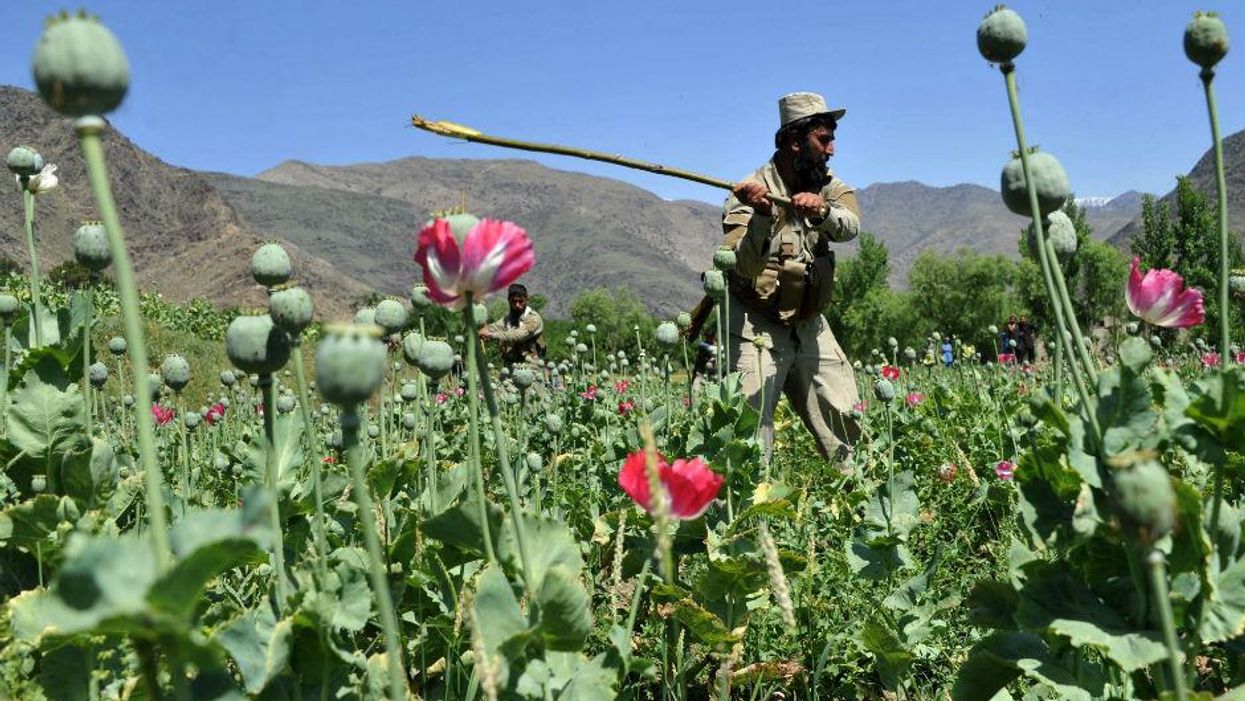News
Evan Bartlett
Nov 13, 2014

Little over two weeks after the final British troops left Afghanistan, the United Nations has reported that opium production in the country has reached a record high.
The UN's Office on Drugs and Crime (UNODC) released its Afghan Opium Survey for 2014 yesterday and said that production in 2014 is set to rise by 17 per cent compared to last year.
The report shows that up to 6,400 tonnes of the plant could be produced with 224,000 hectares of land being used for its cultivation by the end of the year.
Helmand province, where British troops had been based with the explicit aim of stemming the production of opium, was found to be the highest-producing province in the country, followed by neighbouring Kandahar and Farah.
Approximately $7.6bn (£4.8bn) has been spent on eradicating opium production in the country since the invasion in 2001, according to the Guardian, but the UN report has shown that those efforts were a failure.
UN officials explained that the country's protracted presidential elections, which finally ended in September after eight months, had been part of the problem.
With the presidential election ongoing, there was a huge demand of funding “And that funding is not available in the licit economy, and that money has to come from somewhere, so they turned to the illicit economy.
- Jean-Luc Lemahieu, UNODC, speaking to the New York Times
More: All 453 British military personnel who died while serving in Afghanistan
More: How many Afghan civilians have died in 13 years of war?
In pictures: The Afghanistan you never see
Top 100
The Conversation (0)













